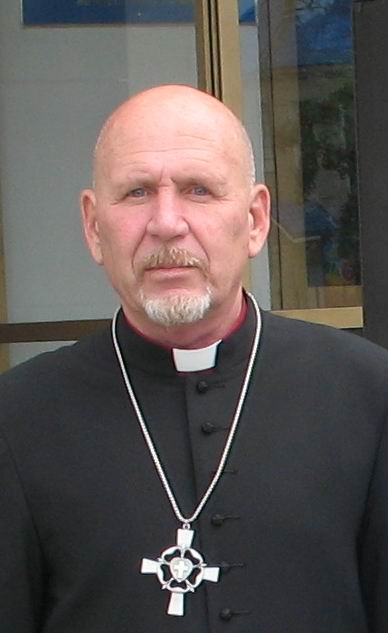In June, Astana for the fifth time will receive the Congress of Leaders of World and Traditional Religions.
 Of course, some questions arise and different opinions are being expressed about its necessity, effectiveness and timeliness. There are a wide range of views; sometimes they are diametrically opposite. However, if we group all opinions and questions, there will be only two: Do we need the Congress? Is it important?
Of course, some questions arise and different opinions are being expressed about its necessity, effectiveness and timeliness. There are a wide range of views; sometimes they are diametrically opposite. However, if we group all opinions and questions, there will be only two: Do we need the Congress? Is it important?
I am not a historian, but looking back for two or three centuries, the following thing can be observed: since the French Revolution, the states rapidly secularised.
The economy was dominated by the market; therefore there was a struggle for the possession of resources and sales market. Obviously, very often it was cloaked in the likeness of concern for “the happiness of mankind.” However, the religious factor in confrontations and conflicts became smaller and smaller. It seems that the 20th century, at least its first three quarters, almost buried this problem. In 1970s-80s, if someone would say that in the future the era of conflicts and wars under the guise of ideological struggle for the truth of faith will revive, the vast majority of society would not accept it seriously. Nevertheless, the end of the 20th and the beginning of the 21st century have shown that “he laughs best who laughs without consequences.”
There are a series of armed conflicts, increasing number of violent acts and growth of confrontation on ethnic grounds. Unfortunately, all of these things happen under the guise of religious slogans and religious rhetoric.
Certainly, the vast majority of people involved into these things are downright adventurers and plain gangsters. However, we should not close our eyes to the fact that in the mass there are a sufficient number of people who were deceived by the false teachers. They believe they kill for God.
Even more frightening is that some leaders of the religious communities are scouring the world in search of weapons and calling for war.
The fifth congress in Astana is a meeting of religious leaders and politicians. It is a dialogue about responsibility of participants for the fate and peace of their followers, as well as humanity as a whole.
The congress serves as a reminder to each of them, not only about their personal responsibility, but also about consolidated responsibility.
This is an attempt to establish very necessary dialogue. This is an opportunity to hear each other. This is an opportunity to try to understand each other. This is an opportunity to stop the bloodshed.
I do not think that everything will immediately change for the better by all means. However, I am sure that it will not pass without a trace and some shifts will occur, which is already a lot. Anyway, it is a chance which should not be overlooked.
Someone will say, “Yes, it is all good, but what exactly does it give to Kazakhstan and to me?” Let us see.
The security of each person and the country as a whole has always been and are major concerns of the country’s leader. Of course, that is if he is a genuine leader. We were lucky; our President is genuine with a capital letter. He is not just a politician, he is also a statesman. I distinguish these two concepts. A politician is mainly interested in the following election. A statesman cares about the interests of the country. For him, it is a supreme concern.
President Nazarbayev has managed to make Kazakhstan an ambassador of peace and mediator for the conflicting parties. He made our country a platform for negotiations.
His brainchild, the Congress of Leaders of World and Traditional Religions, is one of these platforms.
A dialogue, even if it is a long, difficult and sometimes unpleasant one, is the only way to preserve peace for all.
In a few days, a lot of guests will visit us. For all of us, it is a unique opportunity to expand knowledge about the world and make new connections and friends “without leaving home.” This is an opportunity to see the representatives of religious communities, see diverse religions’ palettes personally, not from textbooks and to touch it.
I really want our citizens, especially young people, to have an opportunity to contact with the diversity of spirituality, attend, observe and learn from the congressional activities and empathise.
I have an honour, on behalf of the world community of the Lutheran Church, to express gratitude to the people of Kazakhstan and its President Nazarbayev for his relentless pursuit of peace and say, “The things you do are important and necessary!”
To me, it is especially pleasant because it is addressed to my homeland. That is why I say, “Welcome, Congress!”
I wish peace and prosperity to our country and all people of Kazakhstan. God bless our country!
The author is a bishop of the Evangelical Lutheran Church in the Republic of Kazakhstan.
